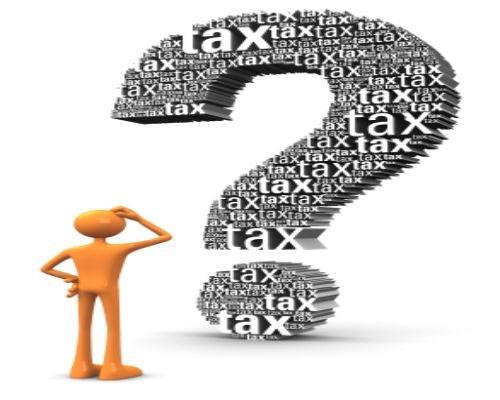By now you would have probably received a notification email from your company HR or from your local income tax filing support firm reminding that it’s time to start collecting your investment proof documents for filing the income tax for the current fiscal year. The details that you file regarding your income, investments and tax exemptions are verified by the income tax department with the details obtained as per your PAN records.
The IT Department, after verification of the documents submitted, can send you a notice seeking clarification on the details provided if they suspect any discrepancy in the proofs submitted for tax evasion. These notices can be sent under various sections of the Income Tax Act, depending on the type of clarification required. Ignoring these notices may lead to paying of a fine apart from the interest on the tax amount due. You also have the provision to appeal against the notice if the demand for the payment is not correct as per your data.
Let’s go through the sections under the Income Tax Act under which these notices can be sent.
Notice under Section 131 (1A)
The notice is sent when the assessing officer in the Income Tax Department suspects that you have concealed a part of your income while filing of IT returns. You may be asked to submit further documents to verify your income source and your investment details for the current financial year.
Notice under Section 142 (1)
Sometimes you may receive a notice under section 142 (1), stating that you have not filed your income tax returns within a given financial year. In this case, if you have already filed your IT returns within the stipulated time, simply produce the documents to support your claim in front of the assessing officer.
Notice under Section 143 (1)
A notice is sent to the taxpayer under section 143 (1) for two reasons
(i) As an acknowledgement by the assessing officer that the return filed by you has been assessed and found matching with his computation of your tax or
(ii) As an intimation of any calculation error observed while computing the tax.
In the former scenario, there is nothing you have to do. However, in case of the latter, you have to remit the excess tax amount or file the application under section 154 for the rectification. The notice should not be ignored as non-payment of excess of tax amount may lead to a fine.
Notice under Section 143 (3) & 147
A notice under section 143 (3) is sent if your IT return has been subjected to detailed scrutiny by the assessing officer. In this case, you will be asked to produce documents in support of your investments, claim for tax deductions, allowance and your source of income in the financial year. The notice is sent if the assessing officer, after a scrutiny of your IT returns, feels that your income has been understated or certain claims of deduction of taxes are not applicable in the current financial year.
If the assessing officer suspects that any part of your income for the financial year has not been included in the filing of returns, a notice under section 147 is sent. In this case, you will be asked to submit all your supporting documents for IT returns to the assessing officer for reassessment.
Notice under Section 156
If the assessing officer suspects that you are yet to remit any tax money, penalty, fine or interest incurred due to payment default as per the Income Tax Act, a demand notice will be sent under Section 156 to levy the outstanding tax amount.
Notice under Section 206 C – Tax Collected at Source (TCS)
Tax Collected at Source (TCS) is the tax amount that needs to be collected by the seller while selling certain commodities. The list of goods for which the TCS needs to be collected under the provisions of section 206 C is given below:
1) Alcoholic Liquor for human consumption (1%)
2) Tendu Leaves (5%)
3) Timber obtained under a forest lease (2.5%)
4) Timber obtained under any other mode (2.5%)
5) Any forest products other than timber as TCS is applied to forest products, not agriculture products (2.5%).
The sellers of these goods need to file a return for every quarter of the income earned from the sales of these goods. The TCS amount needs to be deposited within a week from the last date of the collection month. The seller of these products receives a notice under section 206 C pertaining to the payment of TCS.
The Income Tax department is becoming more vigilant in the lookout for tax defaulters. Notices are being sent to all defaulters seeking clarifications under various sections of the Income Tax Act. If you have received such notices and aren’t sure as to the reason for receiving them, make sure that you do not ignore it and instead consult your local tax expert on how to respond to the notice within the stipulated period of time.

send me the cases with solution
Hi Mohammed, Could you let us know what cases and solutions you are referring to? Cheers, Team BankBazaar